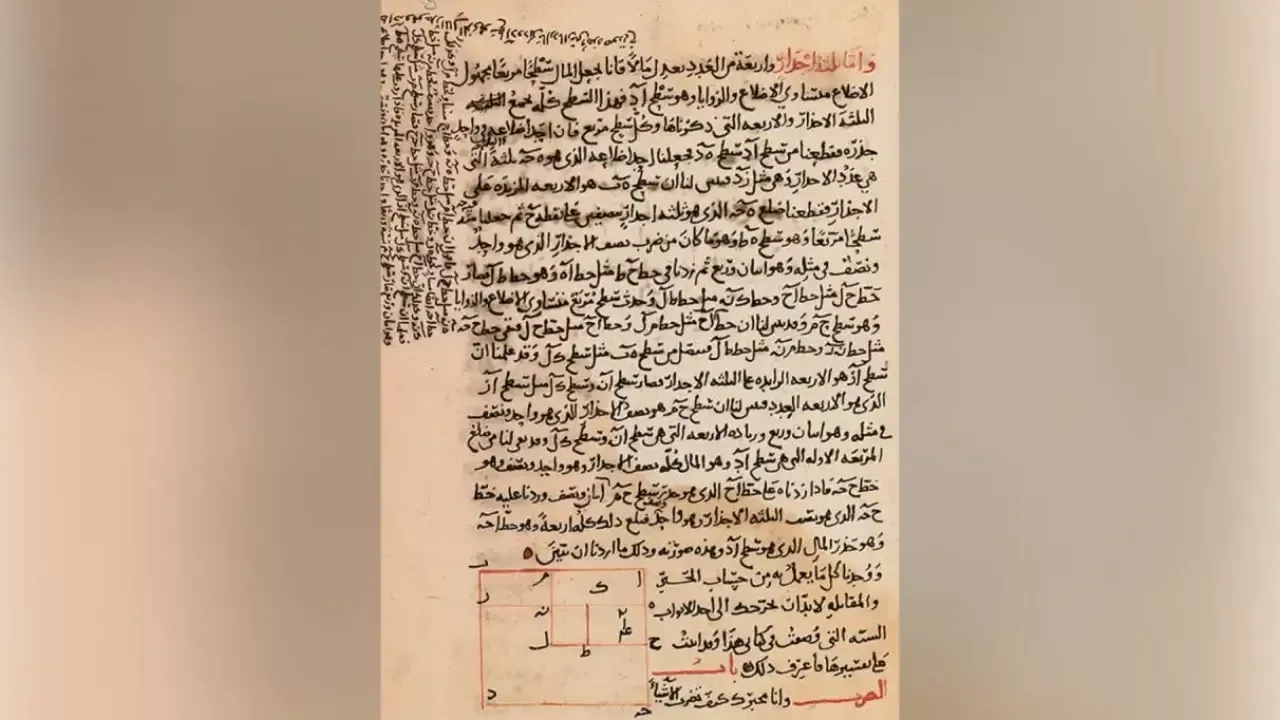The Ancient Work of Al-Khwarizmi Displayed in Uzbekistan

The Center of Islamic Civilization in Uzbekistan has organized a new exhibition to introduce the great scholars who made significant contributions to world science and their ancient scientific heritage to the wider public. This was reported by Zamin.uz.
In this exhibition, not only religious manuscripts but also important works that laid the foundation for the development of science are displayed. In particular, the famous work of Muhammad al-Khwarizmi, who lived and created in the 9th century, "A Brief Book on Calculation by Completion and Balancing," is being presented for the first time in a public exhibition in Uzbekistan.
This ancient manuscript is preserved at the Bodleian Library of Oxford University and is recognized as one of the main sources of modern algebra. The book contains practical examples related to arithmetic and geometric calculations, quadratic equations, the concept of roots, inheritance distribution, trade transactions, as well as legal issues.
Moreover, it is a historical fact that the term "al-jabr" entered science precisely through this work. Muhammad al-Khwarizmi's work was created under the interest and patronage of Caliph al-Ma’mun and holds great scientific and historical significance.
This initiative by the Center of Islamic Civilization not only highlights our national heritage but also plays an important role in introducing the rich cultural and scientific history of our people to the whole world. The exhibition also provides information about various editions and translations of the work in different languages.
This project serves to revive the ancient scientific heritage of our ancestors and to further strengthen its place in world science (source: zamin.uz).







